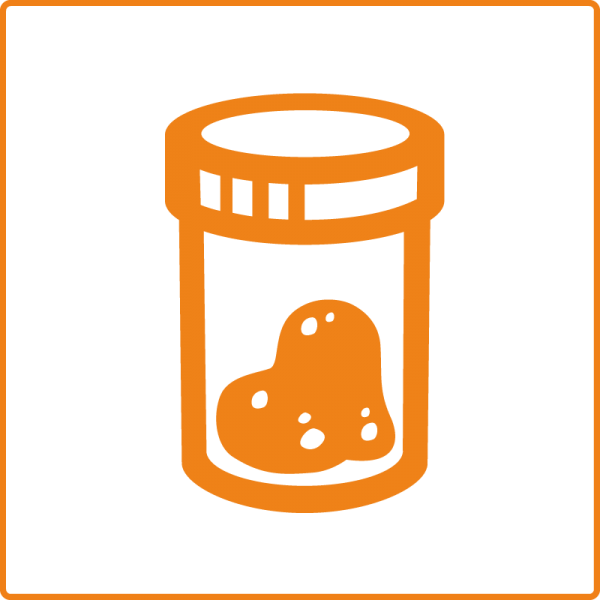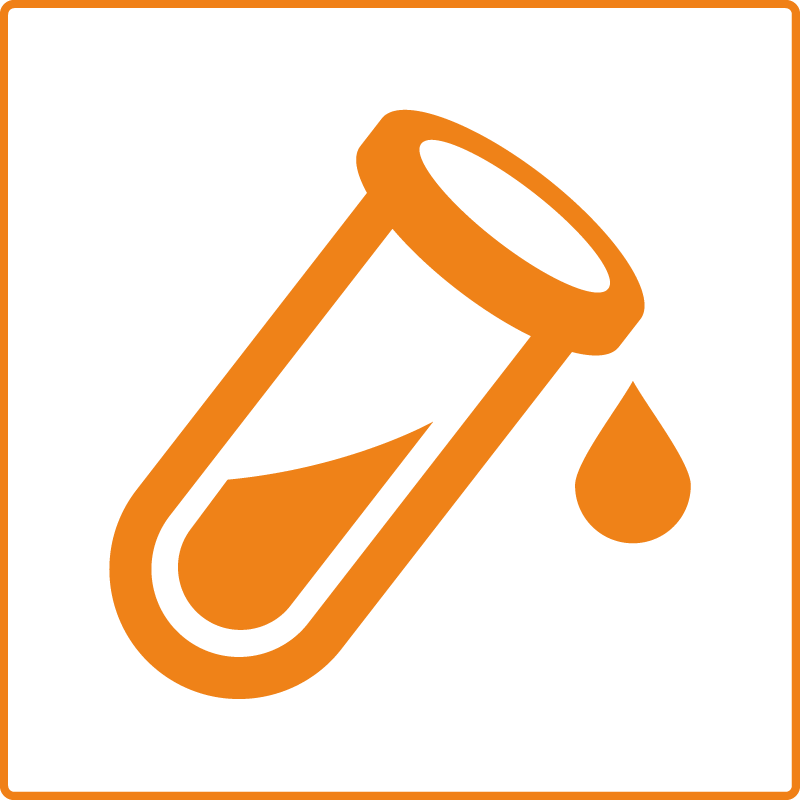1. Colonoscopy

Colonoscopy is the gold standard for the detection of cancer or pre-cancerous intestinal lesions. Precancerous lesions discovered (polyps) can be removed directly during the examination. Removal of benign polyps prevents these polyps from transforming into colorectal cancer. The colonoscopy requires an upstream preparation with a diet to follow for 48 hours and the absorption of a special solution to “clean” the intestines the day before the examination. The examination is done at the gastroenterologist’s office or at the hospital/clinic, usually sedated.
2. Fecal occult blood test

The fecal occult blood test also allows colorectal cancer to be detected. The collection of the stool sample is done at home and then will be sent to the laboratory for analysis. Contrary to the colonoscopy, this test is not effective for detecting pre-cancerous lesions. If the test is positive, a colonoscopy is performed after discussion with the doctor.
3. Blood test

The liquid biopsy or Colox blood test can detect a cancer or precancerous lesions by measuring the biomarker profile present in the blood. The blood test is performed at a doctor’s office or directly at the laboratory and the blood sample is then analyzed by the laboratory. For more information, you can download this summary table.
For more information, download this summary table.